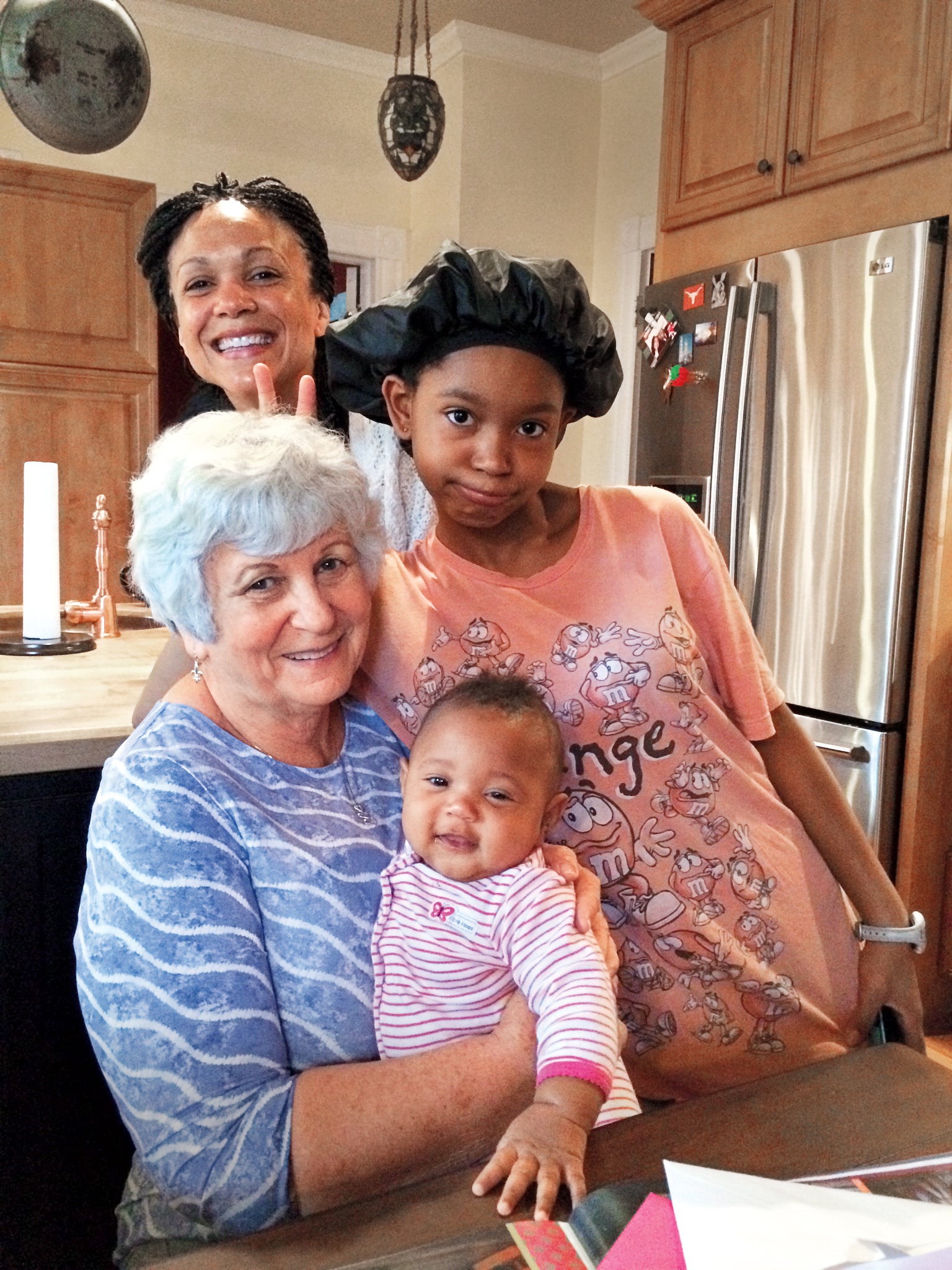
I grew up in a household marked by financial insecurity. As a single parent, my mom—a well-educated woman who was trapped in low-paying jobs—sometimes struggled to provide for my sister and me. Mom worked to shield us from the sting of deprivation, but I can remember how frightening it was when she was unemployed. My sister and I could see the strain in her face and hear her crying from the other side of her bedroom door when there wasn’t enough money to cover the bills.
Still, she sacrificed to ensure that we had dance classes even when she didn’t have a full-time job. She figured out how to create Christmas miracles even in the leanest years. We always had new shoes on the first day of school, even though I can’t remember her ever buying herself a new pair. And we never experienced the brutality of hunger or the consequences of sustained poverty. By the time I reached middle school, Mom had found more secure and higher-paying employment. She bought a house and a new car. Things got better.
My adulthood has been far easier than hers. Earning a Ph.D. has afforded me a much higher level of income. My mom, on the other hand, was among the first generation of White women in the workforce and was smacked with gender practices that would never be allowed today. I had incredible women mentors, like Maya Angelou and Cathy J. Cohen, who opened doors for me and helped me navigate the professional terrain. Still, those childhood money memories are rooted in a visceral place.
Because of this, money feels fleeting to me. No matter how much I have today, I don’t trust it to be there tomorrow, which, in turn, makes me want to spend it today. I hate thinking about budgets and keep only the most basic financial records. I pay the bills on time, but I get no particular satisfaction from saving. I much prefer to contribute to a charity, to buy college books for my nieces, to get a surprise gift for my staff or to enjoy a vacation with my husband. My sister, by comparison, has mimicked our mother’s conscientious practice of delaying gratification and saving aggressively.
My attitude toward money makes me a favorite of the aunts and a seriously fun mommy. I have been known to take another job if it means saving my nieces, nephews or daughters from disappointment due to financial constraints: “Shall we go to the beach or Disney World this summer? Let’s do both!” or “Yes, honey, it’s fine to invite the entire third grade to the birthday party!” I know how to say no; I say it often. But rarely do I say, “I’m sorry, we just can’t afford it.”
Now that I am 40, however, I feel it is time to grow up. In five years, one of my daughters will begin kindergarten and the other will be preparing for college. I am married to my soul mate, and I want to spend my seventies enjoying time with him, not running off to work. I am blessed to have my mother living with us, and as she ages she will need care. I need to save.
Parenting my girls is my top priority. But when it comes to money, I need to parent myself. My little girl self wants to spend all my allowance, because I don’t know if mommy will be able to give me any next week. My grown woman self can make a different choice—one that honors my sometimes scary past, recognizes the abundance of my present and plans for a secure future.
This article was originally published in the November issue of ESSENCE magazine, on newsstands now.